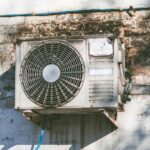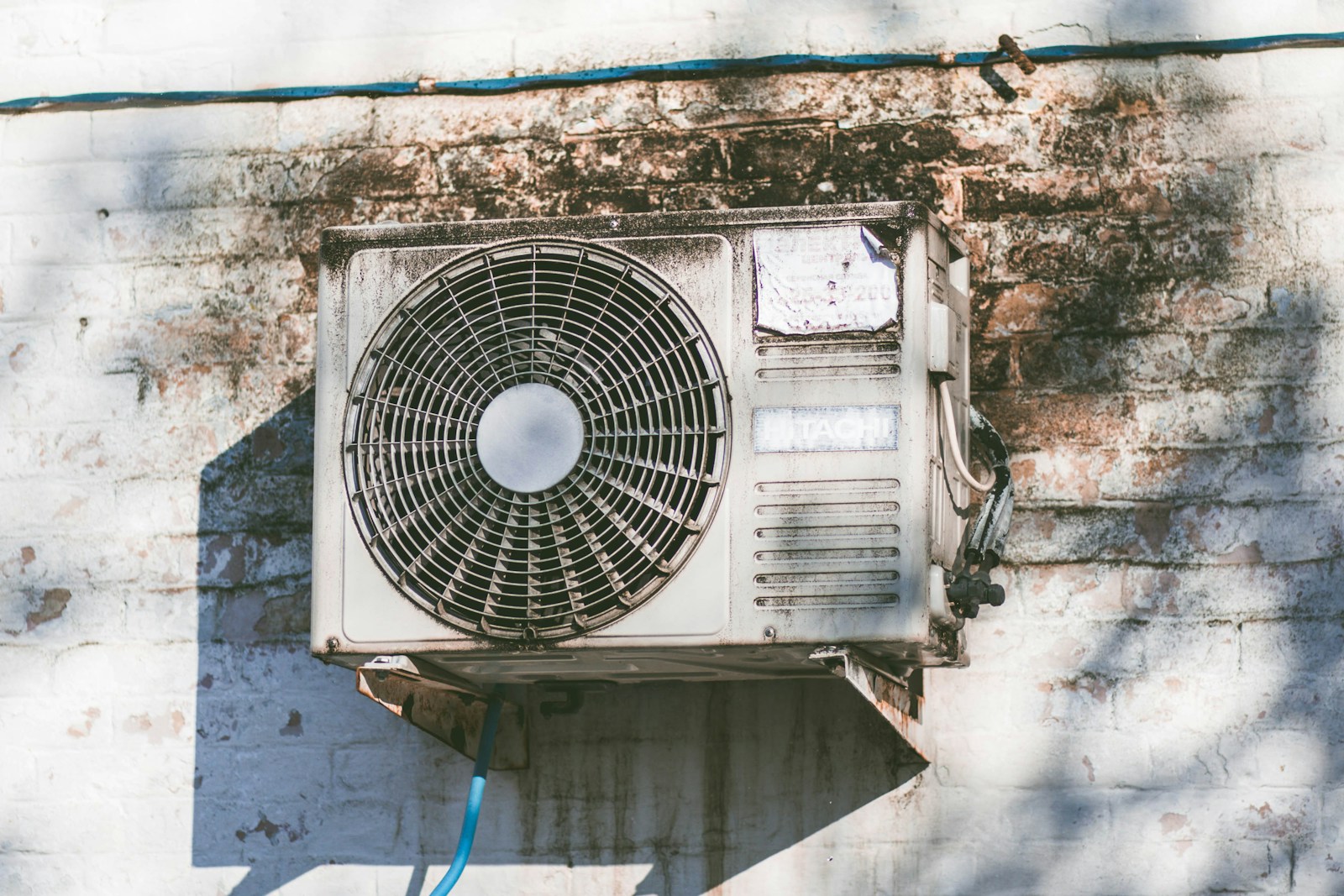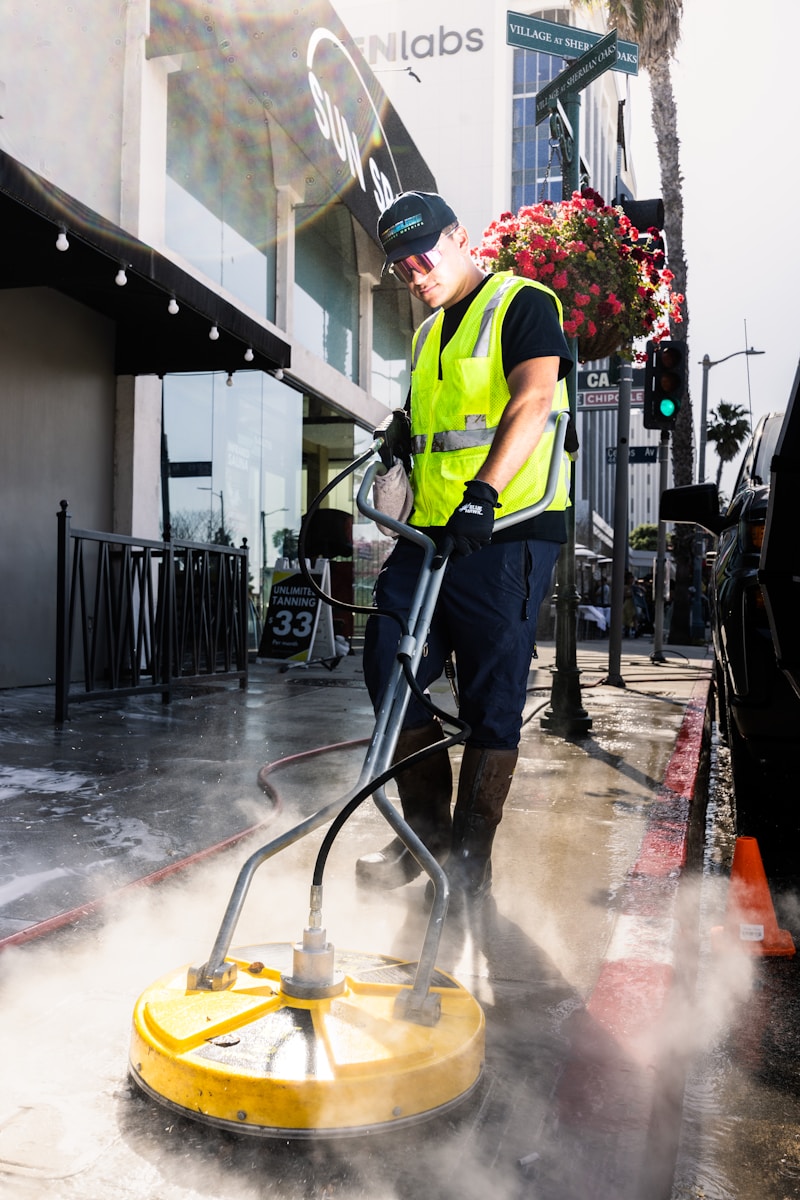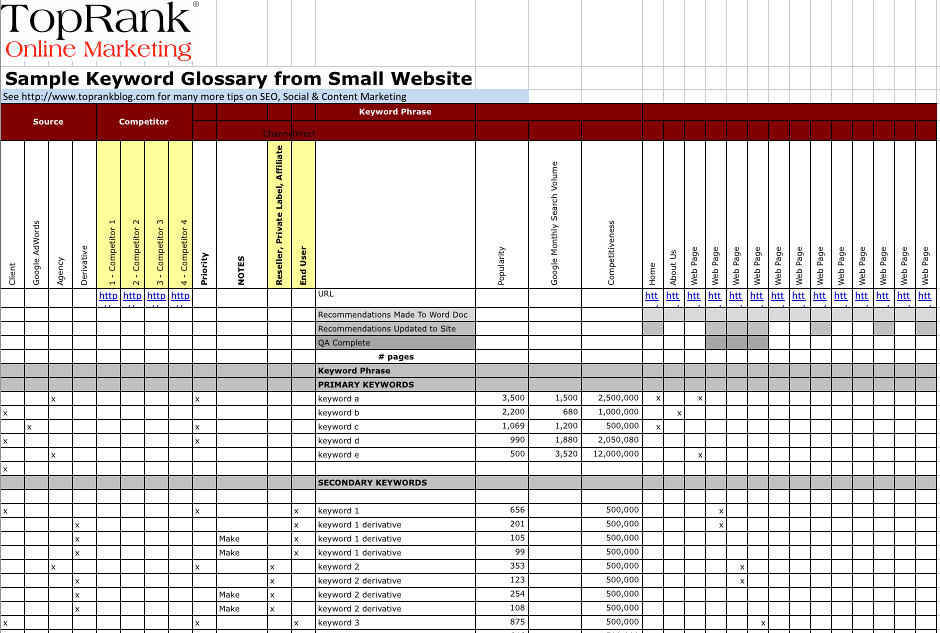Air conditioning systems are crucial for maintaining comfort in our homes, especially during the summer months when temperatures can soar. However, when an AC unit starts making unexpected noises, it can be frustrating and concerning for homeowners. While some noises may be relatively harmless, others can indicate serious issues that require attention. Understanding why your AC is making noise is the first step in diagnosing the problem, and with this knowledge, you can take appropriate action to fix it. This essay will explore the various reasons behind common AC noises, the potential causes of these sounds, and how you can resolve these issues to restore quiet, efficient operation to your cooling system. But don’t try to figure this out yourself if you need an AC repair in Syracuse, Utah.
1. Common AC Noises and Their Significance
Before diving into the specifics of why your AC is making noise, it’s important to understand the different types of sounds that might occur. Each noise can provide valuable clues about the nature of the problem.
- Rattling or Banging Noises: These sounds are often a sign that something is loose or out of place within the AC unit. Rattling noises could be caused by debris caught in the fan, such as twigs, leaves, or dust, which disrupt the airflow. A more severe issue might be a loose fan blade or a malfunctioning component within the fan assembly.
- Hissing or Whistling Noises: These sounds are usually associated with a refrigerant leak. The refrigerant is the substance that cools the air in your AC system, and if there’s a leak, you may hear a hissing sound as the gas escapes. This type of problem can cause the AC to work inefficiently and might require professional repair.
- Buzzing or Clicking Sounds: These sounds are often caused by electrical issues. Buzzing can indicate problems with the electrical components such as the capacitor, contactor, or relay, while clicking noises may occur when the system turns on and off. If the electrical components are not functioning properly, it can lead to irregular cycles and can even damage the system further if left unresolved.
- Grinding or Screeching Noises: This type of sound is typically associated with mechanical problems. A grinding noise may indicate that the bearings in the fan or the motor are wearing out. A screeching sound could suggest that there’s an issue with the fan belt or the motor itself, and if not addressed, it could lead to more significant breakdowns.
2. Possible Causes of Noise in Your AC
Now that we’ve outlined the various noises your AC might make, let’s explore the underlying causes in greater detail. Most of these causes can be categorized into a few key areas: mechanical issues, electrical problems, and dirty or obstructed components.
a) Loose or Damaged Fan Blades
One of the most common causes of rattling or banging noises in an AC unit is loose or damaged fan blades. The fan blades in the outdoor unit are responsible for expelling hot air from the system, and if they become unbalanced, bent, or cracked, they can create significant noise. A blade that is misaligned or loose may cause a constant rattling or banging sound as it spins, and in some cases, it could even lead to damage to the fan motor.
The cause of these issues can often be attributed to wear and tear over time, improper installation, or debris getting caught in the fan. Regular maintenance and inspection can help identify these issues early, and tightening or replacing damaged fan blades can restore quiet operation.
b) Dirty or Clogged Air Filters
Another frequent cause of noise in an AC system is a dirty or clogged air filter. Air filters are designed to trap dust, dirt, and other debris before the air passes through the cooling coils. However, when the filter becomes dirty or clogged, airflow is restricted, causing the system to work harder to circulate air. This strain on the system can produce a low humming or buzzing noise.
Dirty air filters also lead to other issues, such as reduced cooling efficiency, increased energy consumption, and the potential for frozen coils. To avoid these problems, it’s essential to regularly replace or clean the air filters as part of routine maintenance.
c) Worn or Faulty Compressor
The compressor is the heart of the air conditioning system. It is responsible for pressurizing the refrigerant and circulating it through the system’s cooling coils. If the compressor becomes worn out or starts to fail, it can produce loud, grinding, or screeching noises. A malfunctioning compressor can significantly impact the performance of your AC unit, causing it to lose cooling power and increase energy consumption.
Compressor failure is often due to age, improper maintenance, or lack of lubrication. If you notice grinding or screeching noises coming from your AC, it’s crucial to contact a professional technician, as compressor repairs or replacements can be costly and complex.
d) Refrigerant Leaks
As mentioned earlier, refrigerant is an essential component of the cooling process in your AC system. If there is a refrigerant leak, you might hear a hissing sound as the gas escapes. Not only does this reduce the effectiveness of the AC, but it can also put undue strain on the compressor, leading to more significant damage. Low refrigerant levels can result in poor cooling performance, ice buildup on the coils, and increased energy consumption.
Refrigerant leaks are typically caused by corrosion, wear and tear on the pipes, or poor installation. If you suspect a refrigerant leak, it’s important to have it addressed by a professional technician, as handling refrigerant requires specialized knowledge and equipment.
e) Electrical Issues
Buzzing or clicking sounds may point to electrical issues within the AC system. Common electrical problems include faulty relays, damaged contactors, or worn-out capacitors. These components regulate the flow of electricity to the various parts of the system, and if they malfunction, they can cause intermittent cycling, irregular sounds, or even a complete system shutdown.
Electrical issues should be taken seriously, as they can lead to more severe damage if left unchecked. If your AC is making electrical buzzing or clicking noises, it’s best to have a licensed technician perform an inspection and repair the faulty components.
f) Lack of Lubrication or Mechanical Wear
AC units have various moving parts, including the fan and motor. Over time, these components can become worn out due to friction. A lack of proper lubrication can lead to grinding or screeching sounds. In particular, the motor bearings or fan blades may become less efficient, resulting in increased noise levels and reduced performance.
Routine maintenance, including lubrication and inspections, can help prevent these issues. If the motor or fan blades are worn beyond repair, they may need to be replaced to restore normal operation.
3. What Can You Do to Fix the Noise?
Now that we’ve identified some of the common causes of noise in an air conditioning system, it’s important to understand how to address these issues. While some noises may be resolved with simple maintenance tasks, others may require professional repair. Here are some steps you can take:
- Regularly Clean or Replace Air Filters: A clean air filter ensures proper airflow and can prevent many common AC noises. Check the filter every month and replace or clean it as necessary.
- Inspect for Debris: Check the outdoor unit for leaves, twigs, or other debris that may be obstructing the fan. Clean out the debris and ensure the fan blades are undamaged.
- Lubricate Moving Parts: If your AC is making grinding or screeching noises, it might need lubrication. Consult the owner’s manual for maintenance guidelines on lubricating the motor and fan.
- Check the Refrigerant Level: If you suspect a refrigerant leak, it’s crucial to have a professional technician check and refill the refrigerant.
- Call a Professional: If the noise persists or is accompanied by other signs of malfunction, such as poor cooling performance or electrical issues, it’s best to call a professional HVAC technician. They can diagnose the problem accurately and perform necessary repairs or replacements.
An air conditioner making noise is a clear indication that something is wrong, but the type of noise can help you pinpoint the underlying issue. Whether it’s a loose fan blade, a clogged filter, a refrigerant leak, or a worn-out compressor, addressing the problem early can prevent further damage and costly repairs. Regular maintenance, such as cleaning filters, inspecting components, and scheduling professional tune-ups, can help keep your AC running smoothly and quietly. When in doubt, always consult a licensed technician to ensure that your air conditioning system operates at its best, providing you with comfort without the noise.







